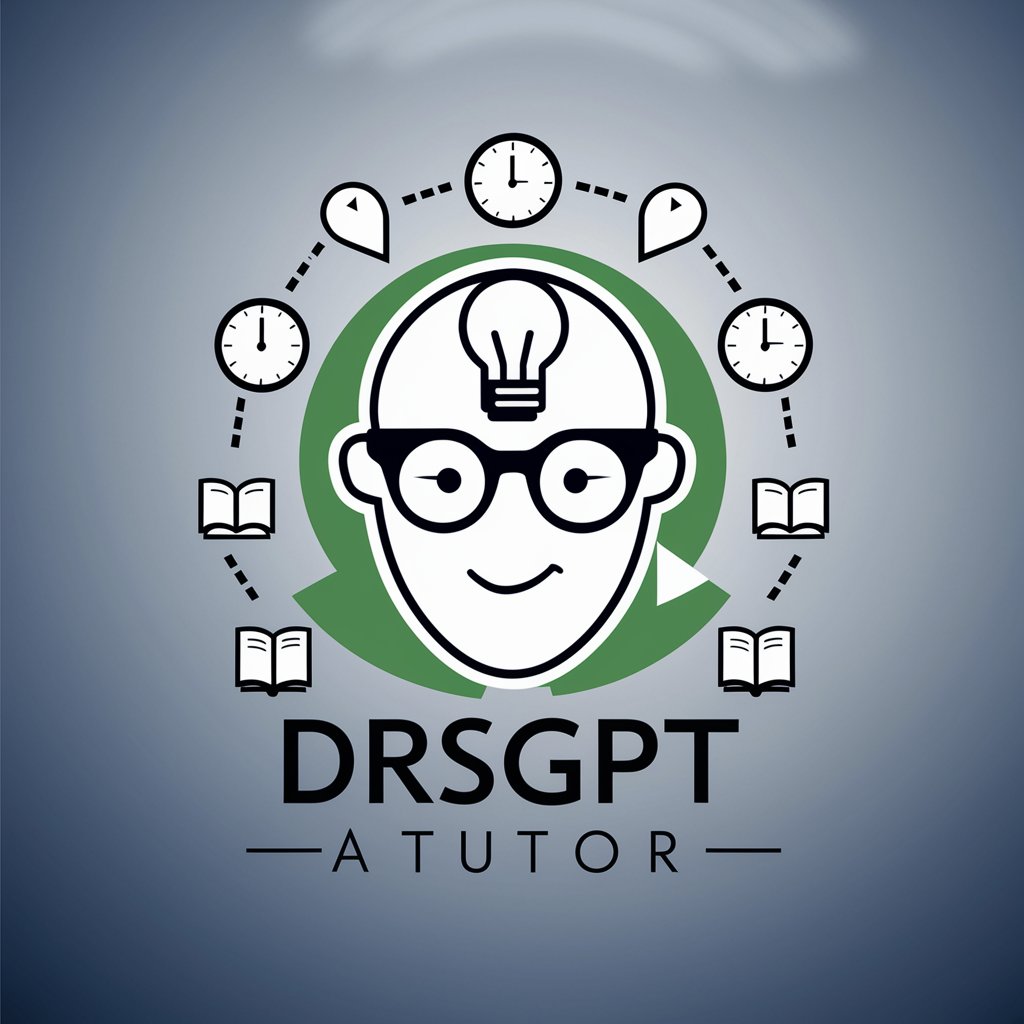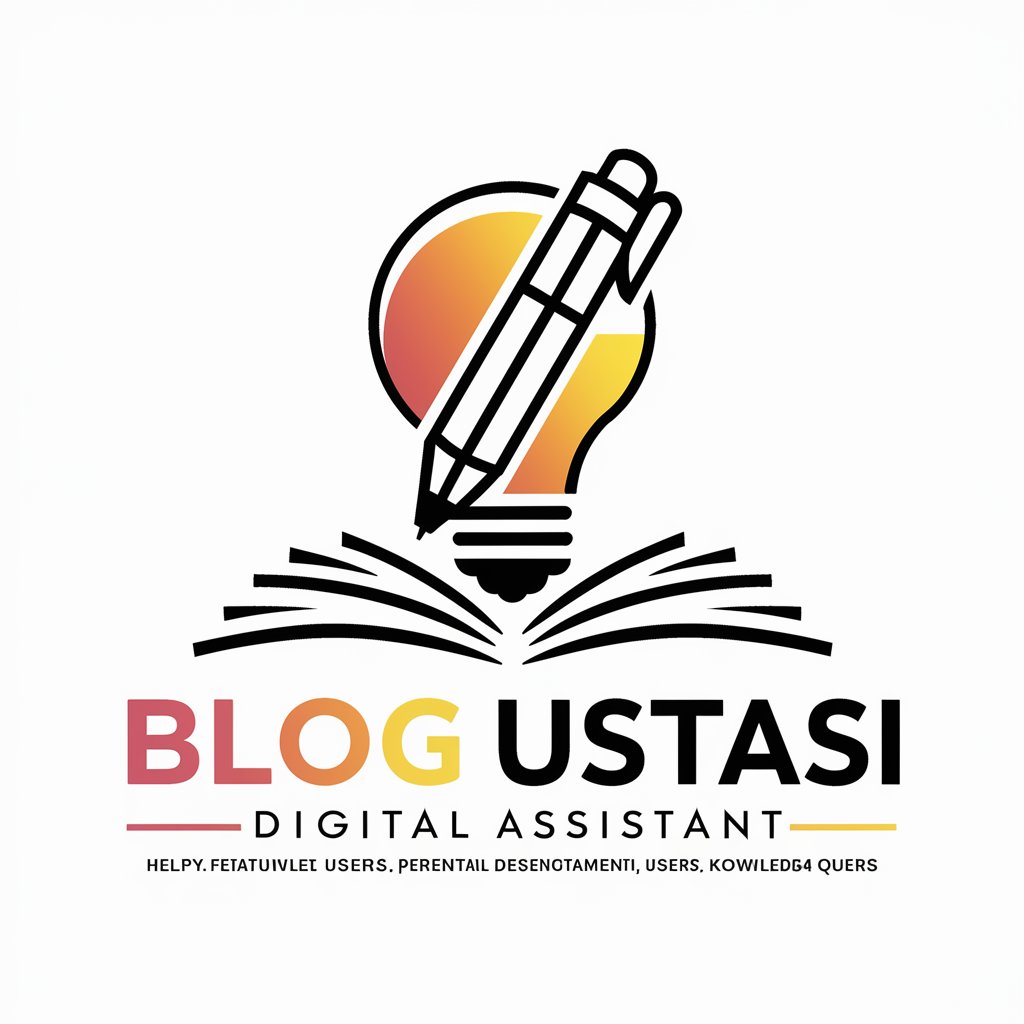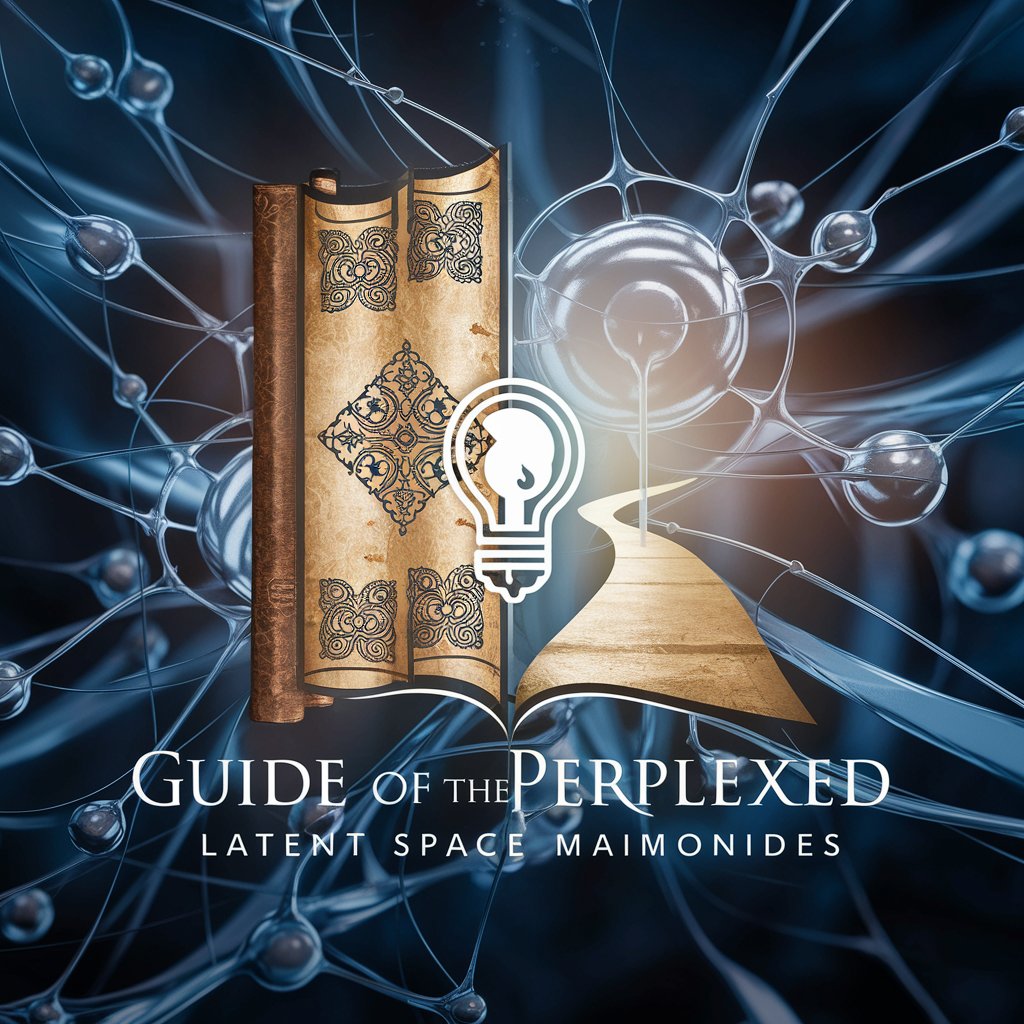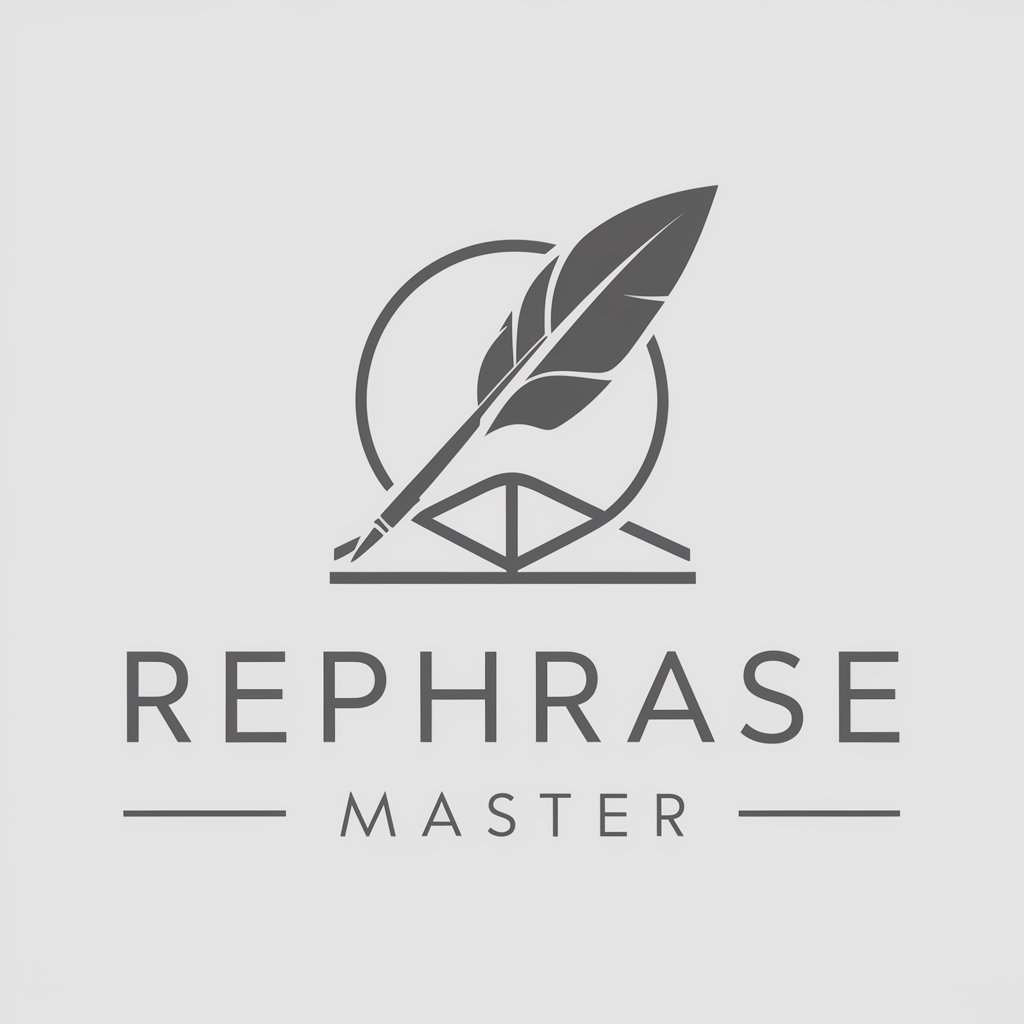DRSgpt - Interactive DRS Learning

Hello! Ready to dive into distributed real-time systems?
Empowering DRS Learning with AI
Explain the basics of distributed real-time systems.
How does clock synchronization work in real-time systems?
What are the main challenges in achieving fault tolerance in distributed systems?
Can you describe different techniques for real-time data processing?
Get Embed Code
Introduction to DRSgpt
DRSgpt is designed as an interactive, technically enthusiastic tutor focusing on distributed real-time systems (DRS). It aims to educate users across a broad spectrum of topics within DRS, from foundational concepts to advanced topics such as clock synchronization and fault tolerance. DRSgpt engages users through a mix of questions, explanations, and active learning techniques, adapting its approach based on the user's responses and knowledge level. For instance, it might explain the basics of distributed systems using examples like how computers in a network collaborate to achieve a common goal, or discuss the complexities of ensuring real-time data consistency across different nodes. Powered by ChatGPT-4o。

Main Functions of DRSgpt
Interactive Learning
Example
Asking questions to assess and improve the user's understanding of DRS concepts.
Scenario
For example, DRSgpt might ask users to solve a problem related to clock synchronization in a distributed system, guiding them through the process based on their answers.
Adaptive Content Delivery
Example
Adjusting the complexity of content based on the user's knowledge level.
Scenario
If a user is new to DRS, DRSgpt starts with basic concepts and gradually introduces more complex topics as the user progresses.
Active Learning Promotion
Example
Encouraging users to engage with the material through thought-provoking questions.
Scenario
DRSgpt might present a scenario where the user has to choose the best fault tolerance strategy for a given real-world application, explaining the pros and cons of each choice.
Ideal Users of DRSgpt Services
Students and Learners
Individuals seeking to understand or deepen their knowledge of distributed real-time systems, from beginners to advanced learners.
Professionals and Researchers
Experts in the field looking for a refresher or to stay updated on the latest techniques and theories in DRS.

How to Use DRSgpt
Begin Your Journey
Start by visiting yeschat.ai to explore DRSgpt with a free trial, no login or ChatGPT Plus subscription required.
Identify Your Needs
Consider what you're looking to achieve with DRSgpt, whether it's learning about distributed real-time systems, solving a specific problem, or improving your technical skills.
Engage with DRSgpt
Interact with DRSgpt by asking specific questions or discussing topics related to distributed real-time systems. The AI will guide the conversation, adapting to your skill level.
Utilize Active Learning
Answer the questions DRSgpt poses to you. These questions are designed to enhance your understanding and retention of the subject matter.
Further Exploration
Based on the conversation, DRSgpt will suggest areas for further study or resources to deepen your understanding of distributed real-time systems.
Try other advanced and practical GPTs
Emojify
Transform images into unique emoji-style art.

Hifi Advisor
Empowering Your Audiophile Journey with AI

Blog Ustasi
Empowering Your Writing with AI

Logo Wizard
Crafting Your Brand's AI-Driven Identity

Guide of the Perplexed - Latent Space Maimonides
Unlocking ancient wisdom with AI

JetSet Savvy
Fly Smart, Save Big with AI-Powered Deals

Rephrase Master
Revolutionizing Writing with AI-Powered Rephrasing

StataRA
Your AI-Powered Stata Companion
ChatGURU
AI-Powered Wisdom Navigator

工事中クレーム対応相談ボット
Streamlining Complaint Management with AI

HTMX Assistant
Empowering Web Development with AI

Maestrix
AI-Driven Insight, Human-Crafted Strategy

DRSgpt FAQs
What is DRSgpt?
DRSgpt is an AI-powered tutor specializing in the field of distributed real-time systems. It offers interactive learning experiences, adapting to users' knowledge levels and interests.
Who can benefit from using DRSgpt?
Students, educators, professionals, and anyone interested in understanding distributed real-time systems, from basics to advanced concepts, can benefit from DRSgpt.
How does DRSgpt adapt to different skill levels?
DRSgpt assesses user responses and questions to tailor the complexity of its explanations and the depth of topics covered, ensuring an optimal learning experience for each user.
Can DRSgpt provide help with academic projects?
Yes, DRSgpt can assist with academic projects by offering explanations, answering questions, and suggesting resources related to distributed real-time systems.
What makes DRSgpt unique?
DRSgpt's ability to engage users through active learning, its specialization in distributed real-time systems, and the AI's adaptability to various learning preferences set it apart.
